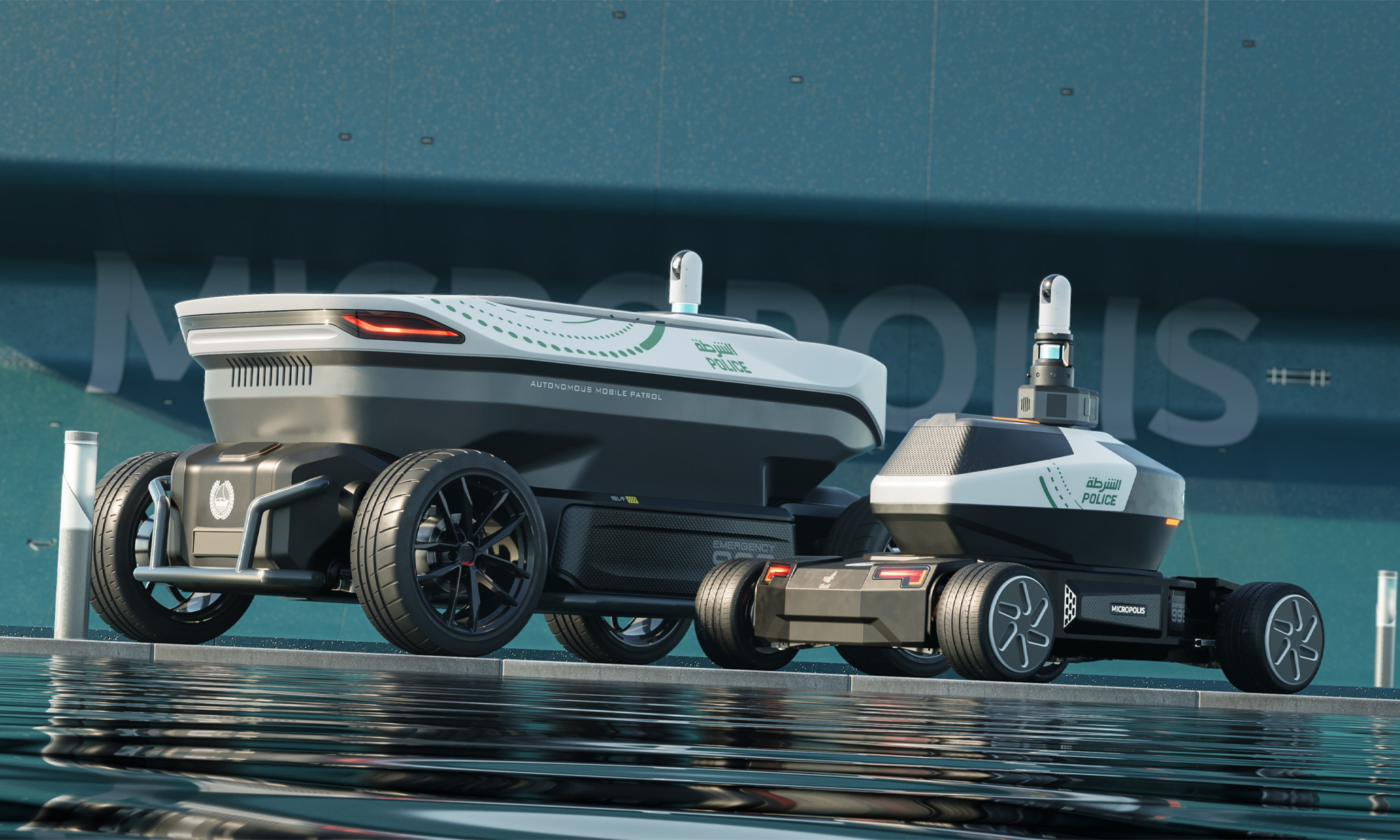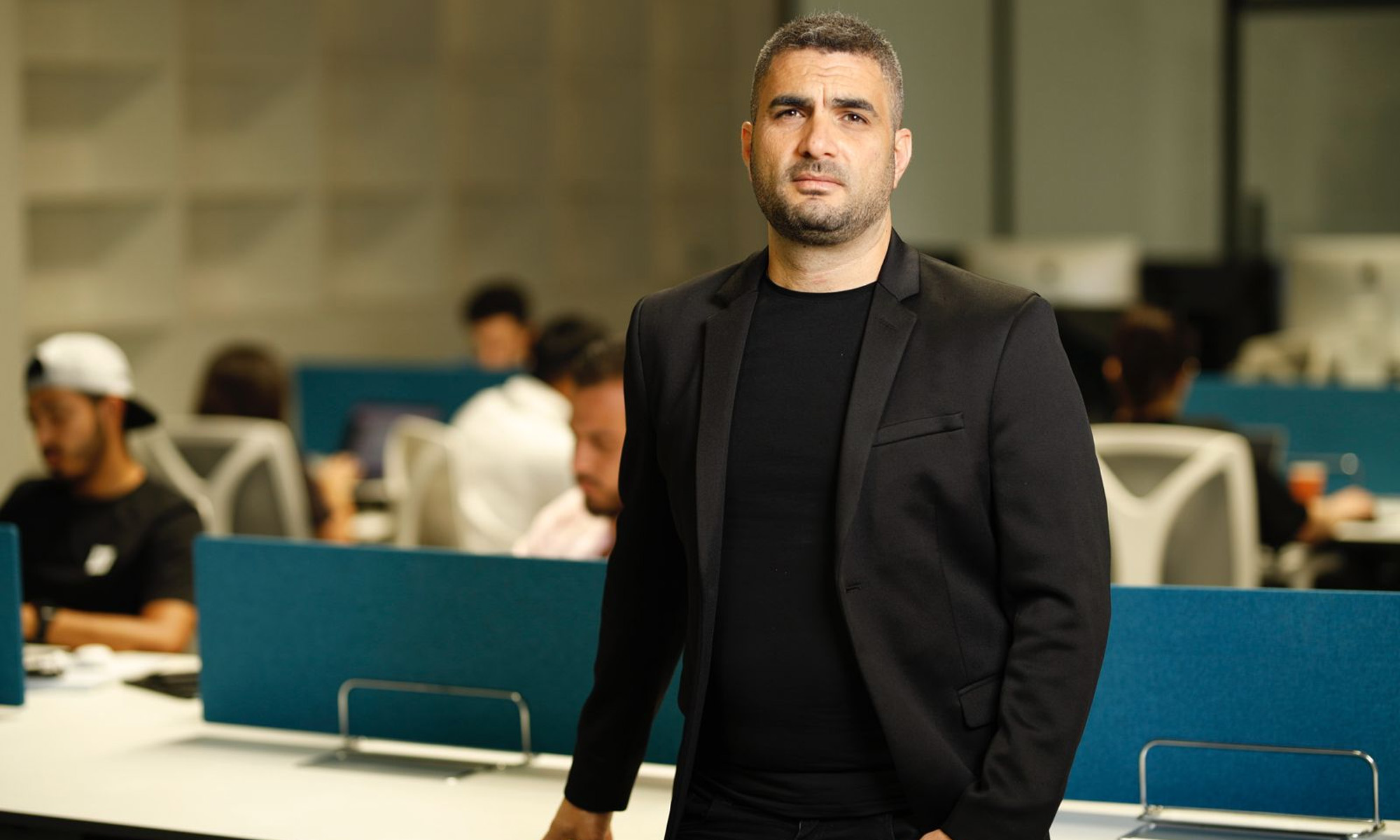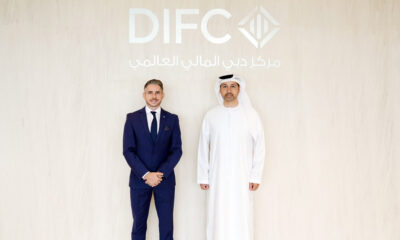News
Dubai Robot Maker To Triple Workforce And Build New Plant
Micropolis is preparing for a $37 million New York Stock Exchange listing that will help the company deliver 350+ robots a year.

Micropolis, a Dubai-based manufacturer specializing in autonomous mobile robots, plans to construct a new production plant and triple its workforce using cash from an upcoming New York Stock Exchange listing.
Once operational in Dubai Production City, the Micropolis factory plans to produce one robot a day to meet a growing customer demand.

Micropolis currently produces two autonomous robots: a golf cart-sized machine known as the M1 and a smaller M2 model which both use the same platform that combines autonomy and advanced AI features.
In 2018, Dubai’s police department became interested in the technology being developed by Micropolis and commissioned an autonomous mobile robot (AMR) featuring AI to help survey areas and improve crime prevention.

“We have software developed in-house called Microspot, equipped with five AI engines – facial recognition, behavior analysis, ANPR [automatic number-plate recognition], criminal logic, and suspect matrix. It makes the robot drive like a patrol car and think like a police officer. It reports suspicious activity, and Dubai Police can scan and keep an eye on communities 24 hours a day,” explained Fareed Aljawhari, Micropolis founder and CEO.
A smaller version of the robot will be trialed in April 2024 before being introduced to more areas later in the year.
Also Read: meta[bolic] And ŌURA Partner To Manage Metabolic Disease
Micropolis robots have also shown potential in the oil and gas industries for pipe surveillance and can also be used to collect and sort garbage. Meanwhile, Neom, Saudi Arabia’s futuristic mega city, is interested in using similar security robots to one developed for Dubai Police.
Since 2018, Micropolis has raised over $8 million in funds from overseas investors and is expected to raise another $37 million from an imminent New York Stock Exchange listing.
News
Rabbit Expands Hyperlocal Delivery Service In Saudi Arabia
The e-commerce startup is aiming to tap into the Kingdom’s underdeveloped e-grocery sector with a tech-first, locally rooted strategy.

Rabbit, an Egyptian-born hyperlocal e-commerce startup, is expanding into the Saudi Arabian market, setting its sights on delivering 20 million items across major cities by 2026.
The company, founded in 2021, is already operational in the Kingdom, with its regional headquarters now open in Riyadh and an established network of strategically located fulfillment centers — commonly known as “dark stores” — across the capital.
The timing is strategic: Saudi Arabia’s online grocery transactions currently sit at 1.3%, notably behind the UAE (5.3%) and the United States (4.8%). With the Kingdom’s food and grocery market estimated at $60 billion, even a modest increase in online adoption could create a multi-billion-dollar opportunity.
Rabbit also sees a clear alignment between its business goals and Saudi Arabia’s Vision 2030, which aims to boost retail sector innovation, support small and medium-sized enterprises, attract foreign investment, and develop a robust digital economy.
The company’s e-commerce model is based on speed and efficiency. Delivery of anything from groceries and snacks to cosmetics and household staples is promised in 20 minutes or less, facilitated by a tightly optimized logistics system — a crucial component in a sector where profit margins and delivery expectations are razor-thin.
Despite the challenges, Rabbit has already found its stride in Egypt. In just over three years, the app has been used by 1.4 million customers to deliver more than 40 million items. Revenue has surged, growing more than eightfold in the past two years alone.
Also Read: Top E-Commerce Websites In The Middle East In 2025
CEO and Co-Founder Ahmad Yousry commented: “We are delighted to announce Rabbit’s expansion into the Kingdom. We pride ourselves on being a hyperlocal company, bringing our bleeding-edge tech and experience to transform the grocery shopping experience for Saudi households, and delivering the best products – especially local favorites, in just 20 minutes”.
The company’s growth strategy avoids the pitfalls of over-reliance on aggressive discounting. Instead, Rabbit leans on operational efficiency, customer retention, and smart scaling. The approach is paying off, having already attracted major investment from the likes of Lorax Capital Partners, Global Ventures, Raed Ventures, and Beltone Venture Capital, alongside earlier investors such as Global Founders Capital, Goodwater Capital, and Hub71.























